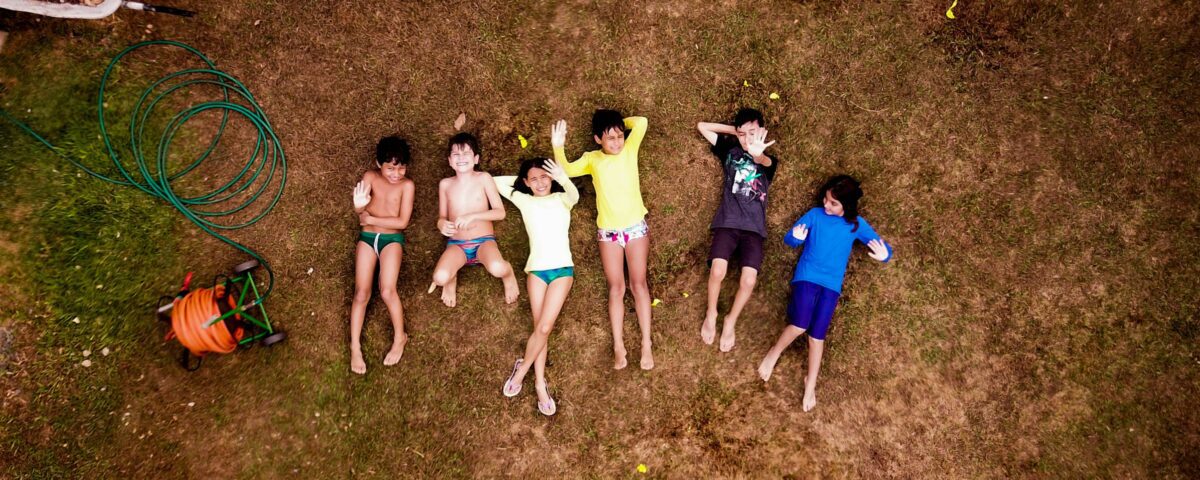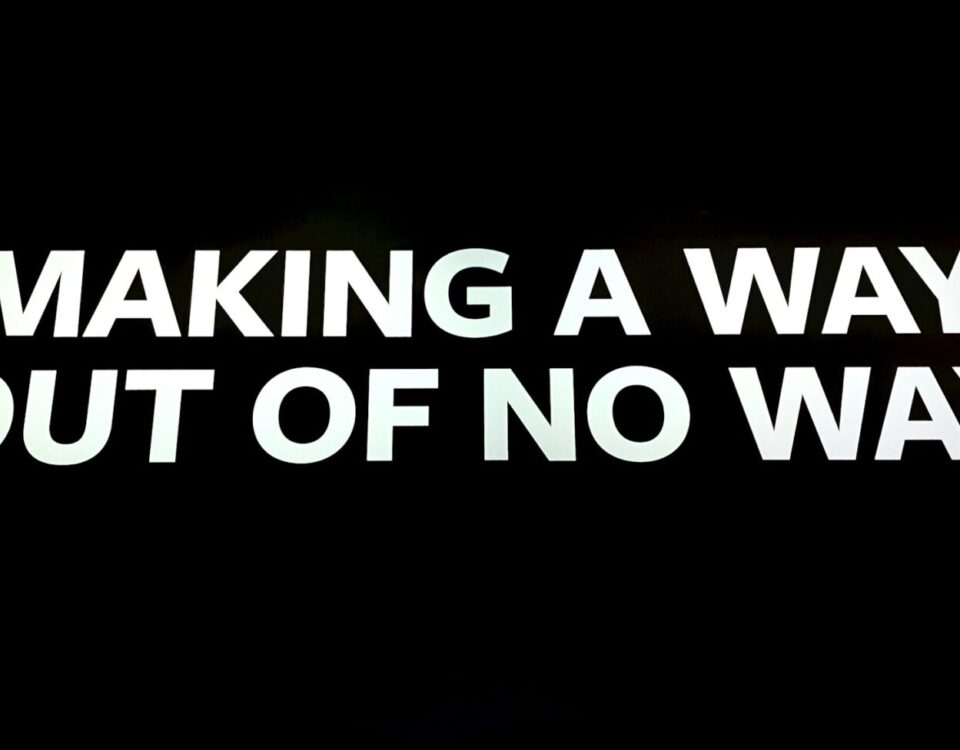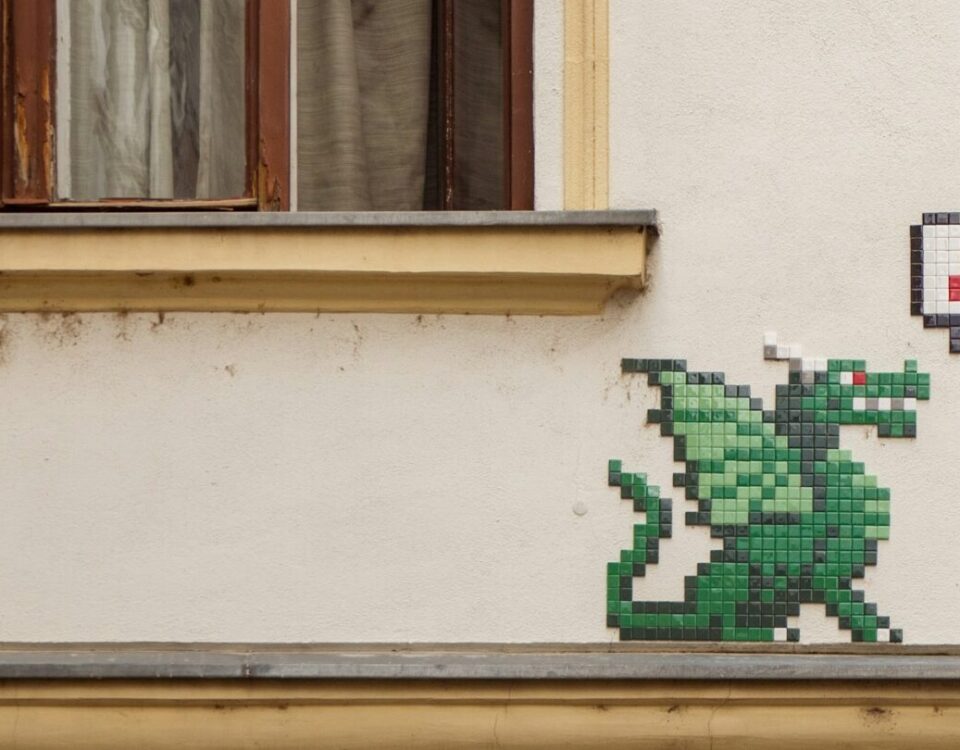
Resilient Routines
August 28, 2024
Staying Calm When Kids Aren’t
September 11, 2024Kids who have strong resilience skills are better able to thrive as children, and later as adults. While parents have a strong impact, the truth is that kids need a village and every grown-up in that village can make a difference. You contribute to the resilience of all the children in your life. First, you model resilience (or not) in all you do. Children are famous for their observation skills. They learn a lot more from what you do than from what you say. (Unless what you say are cuss words, then they learn them all!) You can help kids develop resilience skills so that they can grow, conquer challenges, and thrive.
There are some basics about childhood resilience to keep in mind. Children are already resilient; your role is to support it. No one must be perfect at this; humans are imperfect and messy, that’s normal. Creating connection is powerful, both for kids and adults. By building your own resilience skills, you naturally contribute to the kids around you through the act of modeling. Other times, you can teach specific skills when kids need them. Just as there are many ways to build your own resilience, there are many ways to support the growth of the kids in your life.
#1 Kids have resilience pre-installed.
Children are resilient from the get-go. Yes, babies are super dependent on their caregivers for all things. They are also able to grow and thrive in large and small families, raised on a careful sleep schedule or sleeping whenever/wherever in a family on the go. Infant and toddler brains learn all the languages they hear and kids as young as 10 are more talented than I am in a lot of sports, music, and art. Your goal then is not to install resilience into kids but to help them tap into their own ability to cope and to set up their environment in a way that supports them flourishing.
#2 Perfection is not the goal.
Kids don’t need a perfect life to grow up to be resilient and capable adults. In fact, if everything is handed to them, they will be sorely unprepared for middle school much less adulthood. This includes your behavior! You do not need to be the perfect parent, aunt, or adult. So, while I have a lot of ideas, at no point am I suggesting that you need to be the perfect role model. In fact, that would be hard on a kid. I saw a beautiful little 2-year-old drop and break a toy. In her sweet, high voice she said, “Oh, shit.” Clearly, someone hadn’t watched their language around her. And yet, she was right. I responded with, “Oopsy. Let’s find something else to play with; that’s ok.” Do your best and support them as they do their best.
#3 Connection is powerful.
You matter in the lives of the children you interact with in ways you will never know. Do you remember a positive influence from your childhood that made a difference? A teacher, best friend’s parent, aunt, or some other adult who was there for you in a way that you needed at a particular age. Most adults I have asked can name an adult who made a difference in a way that was never recognized. It might have been a long-term family relationship or a short-term encounter where an adult provided encouragement at just the right time. I often ask – did you ever tell that adult what a huge difference they made? The answer is often “no.” Which translates to the reality that if you interact with kids, in various ways across your own lifetime, you may never learn who you impacted and how. Don’t try to keep track, continue making positive, encouraging connections when and where you can.
As you boost your own resilience you will impact the children around you. In this blog series we will talk about specific ways to support children. These include: the importance of staying calm when children are not; identifying the behavior, not the child as a problem; and keeping a child’s developmental stage in mind. There will be a blog on each of these points and any others you bring up in your emails or comments to me. I look forward to exploring this topic with you.
As always, if you have a question or would like me to address a specific topic directly, please send me an email to resilience@learnmodelteach.com. At the end of this blog series, we will have a live Q&A Zoom session to answer any questions and to celebrate the ways you support resilience in children.
Peace,
Laura A. Gaines




